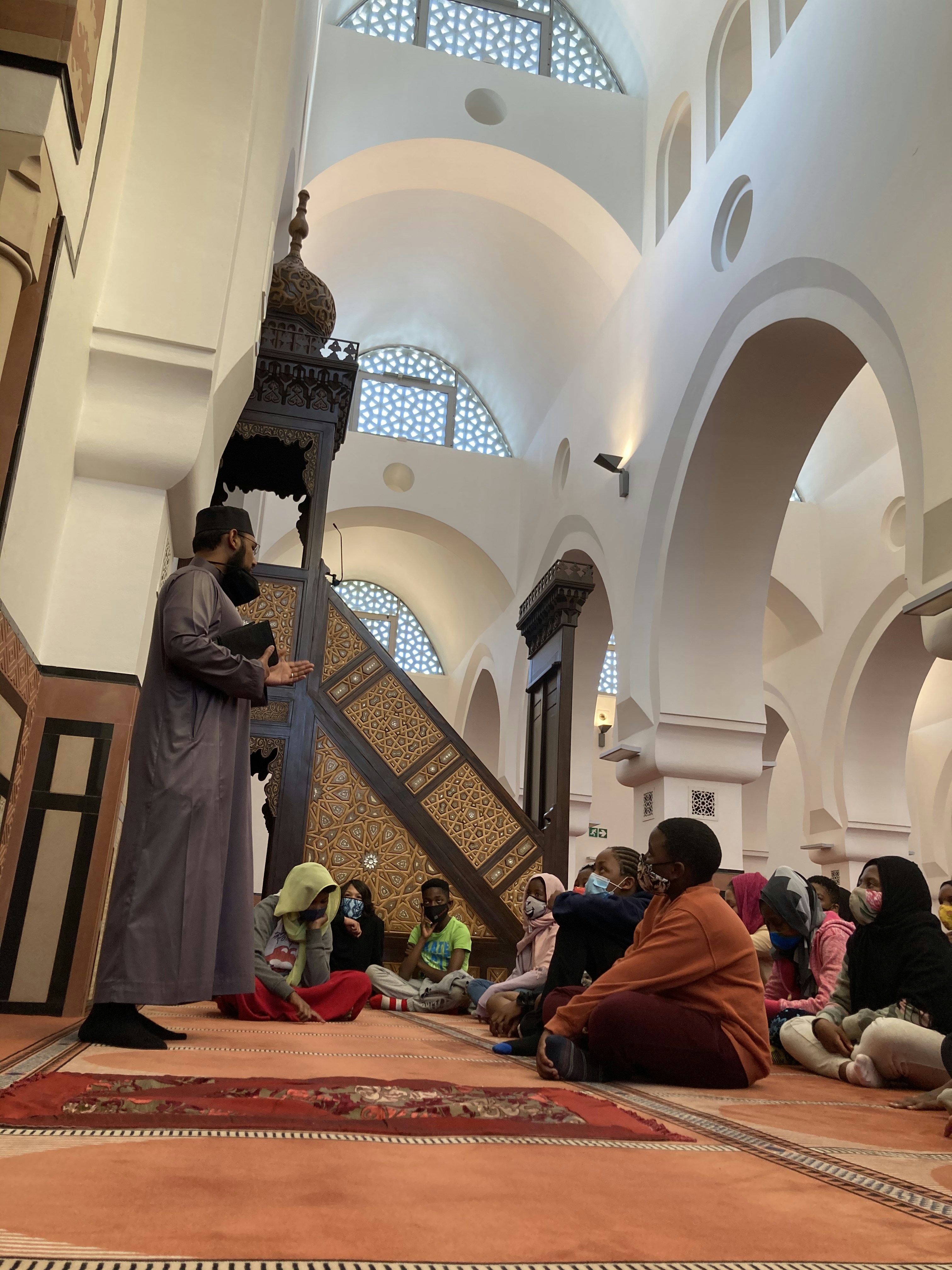
Historical Context of Karbala
The events surrounding the Battle of Karbala are rooted in a complex tapestry of political, social, and religious dynamics that unfolded in the early Islamic period. Following the assassination of the third Caliph, Uthman ibn Affan, in 656 CE, the Muslim community was thrust into a tumultuous phase characterized by power struggles and civil wars, notably the First Fitna. This period saw the emergence of the Umayyad dynasty, which established a centralized authority that increasingly deviated from the principles of justice and consultation inherent in early Islam.
Yazid ibn Muawiya ascended to the caliphate in 680 CE, seeking to solidify his grip on power through a combination of military might and political manipulation. His demand for allegiance from prominent figures within the Muslim community was met with widespread dissent. Many viewed his rule as emblematic of tyranny and a deviation from Islamic values, particularly the principle of Shura, or community consultation.
Imam Hussain, the grandson of the Prophet Muhammad and son of Ali ibn Abi Talib, emerged as a symbol of resistance against the Umayyad tyranny. His refusal to pledge allegiance to Yazid stemmed from deep convictions regarding justice, integrity, and the rightful governance of the Muslim community. Hussain’s stance was not merely a personal rebellion; it echoed broader sentiments among various factions disillusioned by Yazid’s oppressive rule. This political and social landscape provided the backdrop for the tragic events that unfolded at Karbala.
The significance of the Battle of Karbala extends beyond the military confrontation itself. Hussain’s martyrdom represents a profound stand against oppression and injustice, reverberating through the annals of Islamic history. The implications of his actions have inspired generations to prioritize moral integrity over blind allegiance, making Karbala a defining moment in the socio-political evolution of the Muslim world.
The Battle of Karbala: Key Events
The Battle of Karbala, which took place on the 10th of Muharram in the year 680 CE, stands as a defining moment in Islamic history, marking a profound conflict characterized by bravery, sacrifice, and moral fortitude. The battle unfolded in the arid plains of Karbala, present-day Iraq, where Imam Hussain, the grandson of Prophet Muhammad, found himself facing a formidable army led by Yazid ibn Muawiya. The tension leading up to this confrontation arose from a series of unmet political and religious grievances, highlighting the struggle for rightful leadership within the Muslim community.
As the battle commenced, Imam Hussain and his companions, numbering around 72, faced overwhelming odds against Yazid’s forces, which reportedly exceeded 30,000 soldiers. The siege that took place resulted in dire conditions for Hussain and his supporters, who were cut off from access to water and supplies. The disadvantage they faced only amplified the resolve of Imam Hussain to uphold justice and truth in the face of tyranny. Though his forces were severely outnumbered, they displayed unmatched valor and unity in their refusal to surrender to oppression.
The confrontation reached its tragic climax as, despite exhibiting unparalleled courage, Imam Hussain and his companions were martyred one by one. The emotional impact of their sacrifice resonates through history, symbolizing the fight against injustice and the importance of standing for one’s principles. The aftermath of the battle saw the capture of the women and children of Hussain’s camp, further solidifying the narrative of suffering and resilience. Imam Hussain’s eventual martyrdom at Karbala became a symbol of resistance and stirred a legacy that continues to inspire millions globally, advocating for justice and truth above all. The profound lessons derived from this pivotal event remain pertinent in various contexts to this day.
The Legacy of Karbala
The events at Karbala in 680 CE mark a pivotal moment in Islamic history, symbolizing the struggle against tyranny and oppression. The legacy of this battle is primarily embodied in the principles demonstrated by Imam Hussain and his companions, which have left a profound impact on Islamic thought and practice. The stand of Imam Hussain against the oppressive regime of Yazid has been interpreted as a timeless lesson in moral and ethical leadership. His commitment to justice, truth, and righteousness has inspired countless individuals and movements, highlighting the necessity of standing up against oppression regardless of the consequences.
The ethos of Karbala not only resonates within the confines of Islamic ideology but has also found its way into various social justice movements worldwide. The principles of sacrifice and resistance that Imam Hussain exhibited have become universal values that transcend religious and cultural boundaries. Activists around the globe draw from the example set at Karbala, utilizing its lessons to galvanize support for various causes, including human rights, freedom of expression, and social equity. In this regard, the legacy of Karbala serves as a catalyst for social change and collective action against injustice.
Moreover, the annual commemoration of Ashura has become a significant ritual for millions, serving as a poignant reminder of the trials faced by Imam Hussain. During this time, individuals reflect on the values of patience, resilience, and moral courage in the face of adversity. The rituals and gatherings that take place are not merely acts of remembrance; they symbolize a collective commitment to uphold the principles of justice and equality that Imam Hussain stood for. This enduring legacy makes Karbala not just an event of the past, but a continuous source of inspiration for ethical leadership and a framework for resisting oppression.
Lessons Learned from the Tragedy of Karbala
The tragedy of Karbala, which unfolded in the year 680 AD, transcends time and continues to resonate with profound moral and ethical teachings. One of the most significant lessons gleaned from this tragic event is the imperative of standing up against tyranny and oppression. The steadfastness demonstrated by Imam Hussein and his companions exemplifies the conviction that individuals must be willing to defend their principles, even in the face of overwhelming odds. This timeless lesson encourages present-day societies to challenge authoritarian regimes and unjust practices, advocating for the rights and freedoms of marginalized groups.
Additionally, Karbala underscores the value of sacrifice in pursuit of one’s beliefs. The willingness of Imam Hussein to sacrifice his life for the principles of justice and truth serves as a powerful reminder that genuine commitment to a cause often requires personal sacrifices. This notion encourages individuals to reflect on their own lives and consider the lengths they are willing to go to uphold their convictions, promoting a culture of resilience and bravery in the face of adversity.
Furthermore, the events at Karbala emphasize the importance of pursuing justice. Imam Hussein’s struggle represents the ongoing fight for truth against corruption and malfeasance. This lesson holds significant relevance as people today confront various socio-political challenges, fostering a collective awareness that justice is not merely a concept, but a pursuit that requires continuous effort. The essence of Karbala reminds individuals and communities alike that seeking justice and equity is a noble endeavor worthy of commitment.
In its entirety, the story of Karbala serves as a metaphorical beacon guiding societies toward positive change. By instilling values of resistance, sacrifice, and justice, this historical narrative remains crucial for contemporary advocacy and social reform.
